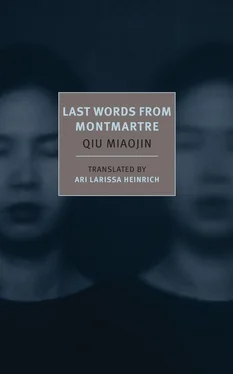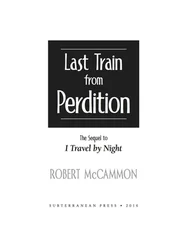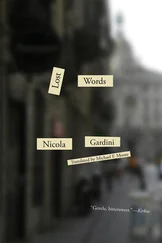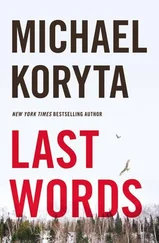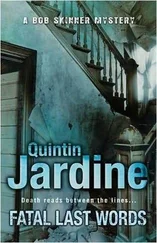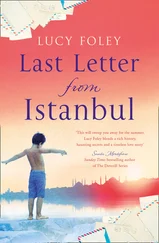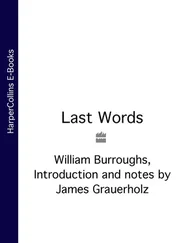Further complicating any straightforward reading of the novel is that most readers of Last Words from Montmartre know beforehand that the author killed herself and left the text behind (the title can also be translated literally as “Last Testament from Montmartre”). Knowing that an author writing about suicide has in fact committed suicide naturally complicates the reading of any book. If nothing else, it suggests that no matter what the author’s claims may be to artifice or character development, there is a degree of “realism” or autobiography to be accounted for that differs from the range of what usually may be called the “semiautobiographical.” The idea that Last Words was in fact literally the capstone work of Qiu’s career draws us in, while simultaneously confounding our attempts to assign a truth-value to the text. Is it a “true” story, or a fictionalized account? Is the narrator a constructed persona or just a transformation of Qiu? The relationship between the writer of memoir and the reader is a bond of trust. As an entry point into identification with a main character or narrator, these are dark waters indeed.
As painful as this identification might be, however, it also yields one of the chief innovations of Last Words : the narrator/author’s fearless willingness to expose what is ugliest about herself, something “real” beyond real, something we rarely see in a memoir, or even in a published diary. Qiu doesn’t pander. She doesn’t try to anticipate the shifting sands of political correctness. She writes about domestic violence and about cheating; she takes us with her as she descends into obsessive loops and self-destructive reflection; we are with her in the phone booth when she beats her head so hard against the glass that it begins to bleed and the Paris police have to restrain her from doing worse damage, but also — in one of the most delicately impressionistic and erotic passages in the book — when she observes the body of a lover rising and falling beneath the surface of the Seine, marveling at the gold and green summer light. Qiu refuses to edit the ugliness out of a text that is also sublime in its sensitive portrayal of someone’s quests for truth. Her accomplishment is precisely that her novel does not shield us from ugliness; it is raw self-exposure and we are meant to see it, ride the awkwardness of it, feel the self-hatred and anger and ambivalence behind it even as we are invited to identify deeper into the novel. Perhaps no writer since Mishima has so mercilessly ripped the mask off the writer’s true self.
A NOTE ON THE TRANSLATION
One of the biggest formal challenges to translating Last Words from Montmartre is the book’s experimental structure and language. Not unlike its prognosticatory distant cousin the I Ching , for example, Last Words is often treated by its original readers just as Qiu directs them in the epigraph: They pick it up and start anywhere. There is no guiding narrative that falls into a predictable rhythm or tone that a translator can follow, nor is the verb tense consistent. By the same token, individual sentences, in a microcosm of this directive, often loop in on themselves, unmoored from the usual referents of plot and argument so that only theme remains. The reader (and translator) must mindfully engage with the various meanings the text presents. Therefore a key challenge of translating Last Words lay not just in dealing with syntax and meaning but in trying to reproduce this collaborative reading process. Nested within that challenge, moreover, lay another and more essential one: that of trying as a reader to extrapolate the deeper structural meanings that Qiu intended — meanings themselves only tentatively articulate — knowing that a decision to disambiguate one part of a text will have a cascade of consequences for the rest.
ACKNOWLEDGMENTS
Meeiyuan Fann, Yin Wang, and Ziqiao Lawrence Yang all lent their critical expertise to the first drafts of the translation. Lai Hsiang-yin patiently and proficiently shepherded the manuscript throughout the acquisition process. The literary agent Joanne Wang saw the potential in an early draft and took the novel under her wing. Jeffrey Yang’s editorial interventions improved the translation immeasurably (and brought me to a new understanding of my own language along the way). And the writer Anna Joy Springer read drafts of the book both as interlocutor and medium, seeming to channel Qiu’s intuition with minimal clues while suggesting how different parts of the work might fit more tightly together.
— ARI LARISSA HEINRICH
* See Fran Martin’s Situating Sexualities: Queer Representation in Taiwanese Fiction, Film, and Public Culture (Hong Kong: Hong Kong University Press, 2003), 225. The chapter “The Crocodile Unmasked: Toward a Theory of Xianshen ” provides an excellent overview of the TTV News Incident, Qiu’s novel, and questions of outing and reception during this period.
